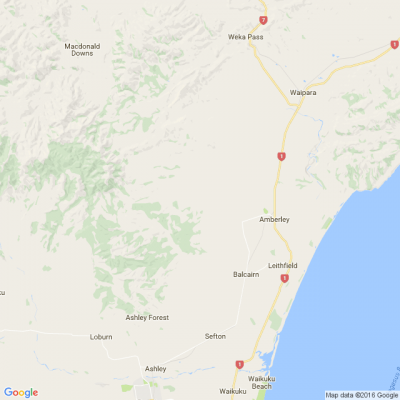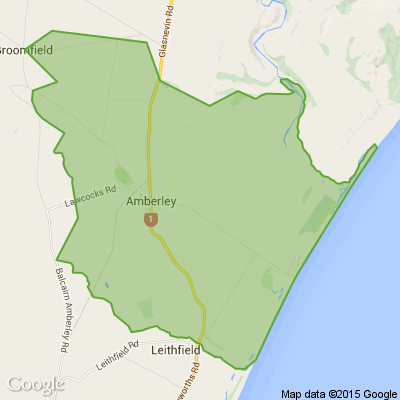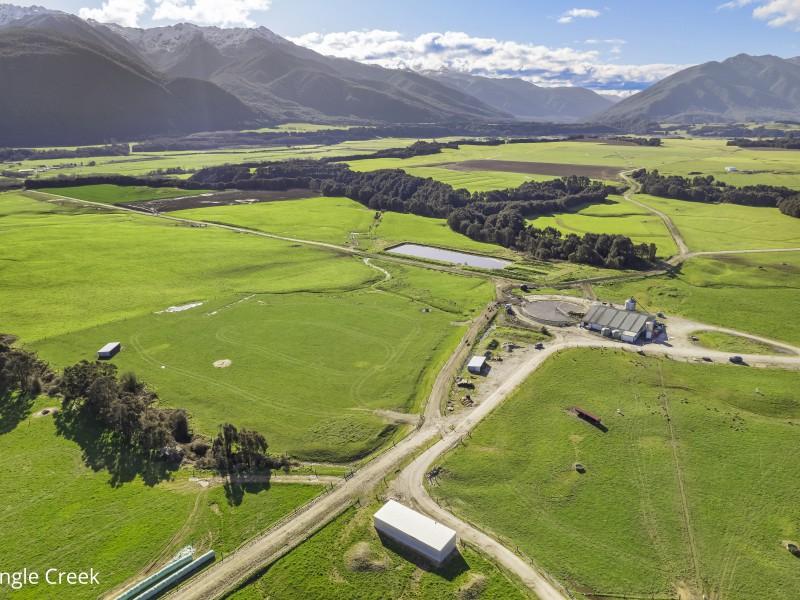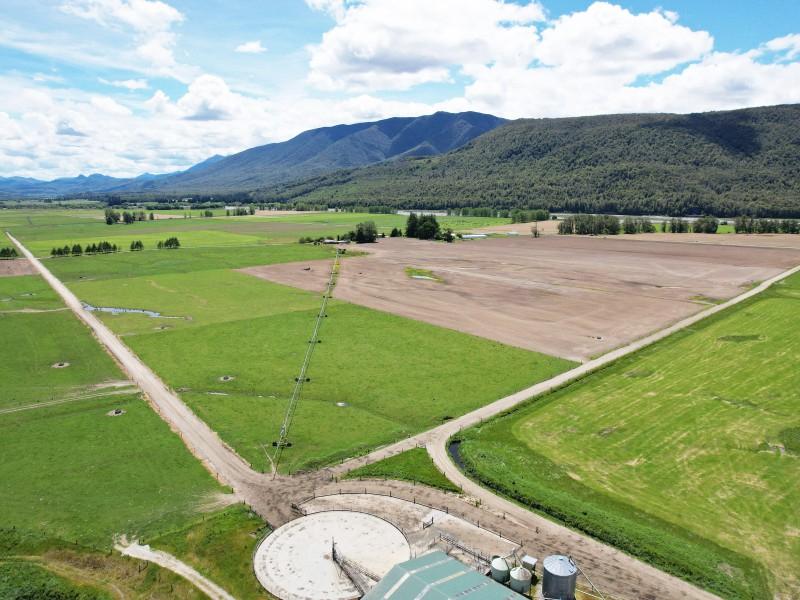Emergency management reform needs to be ‘more ambitious’ – ECan
By David Hill, Local Democracy Reporter
Proposed emergency management reform does not go far enough, says Environment Canterbury (ECan).
In a submission on the Government’s Emergency Management Bill, chairperson Peter Scott said the legislation doesn't adequately address funding, disaster prevention or climate change mitigation.
"Environment Canterbury would like to see a more ambitious approach to managing climate change exacerbated hazards and risks in guiding legislation, across the 4Rs (risk, readiness, response and recovery) of emergency management.
"We are now in a time of increasing frequency, severity and consequence of emergency events."
The bill was intended to replace the 20-year-old Civil Defence Emergency Management Act 2002.
When the legislation was introduced to Parliament in June this year, Emergency Management Minister Kieran McAnulty said the legislation was not intended to be "transformational" or propose major changes.
But Scott said the feedback during the targeted engagement last year had called for "transformational change".
"Recent weather events cause us to reiterate that point."
Environment Canterbury has been calling for central Government investment to future-proof Canterbury’s rivers against more frequent and severe climate events.
Scott said he was pleased the legislation saw rivers as "critical infrastructure", but it did not address funding.
"It is difficult to plan for a sustainable future and to provide the best resilience from funding from a confined rating base as at present."
He supported giving iwi a greater role in emergency management, and said there needed to be stronger support for communities likely to be disproportionately impacted by emergency events.
Key changes in the proposed legislation included: clarifying roles at national, regional, and local levels, requiring Civil Defence Emergency Management Group plans to identify disproportionately impacted communities and recognising the role of Māori.
Photo: ECan deputy chairperson Craig Pauling, left, and chairperson Peter Scott.
■ Public interest journalism funded through New Zealand on Air.

Best way to use leftovers?
I'm sure you've got some excess ham at home or cold roast potatoes.
What are some of your favourite ways to use leftover food from Christmas day? Share below.

Booster seat
Help family arrived but forgot there booster seat. Anyone out there we could borrow one for 9 days
⚠️ DOGS DIE IN HOT CARS. If you love them, don't leave them. ⚠️
It's a message we share time and time again, and this year, we're calling on you to help us spread that message further.
Did you know that calls to SPCA about dogs left inside hot cars made up a whopping 11% of all welfare calls last summer? This is a completely preventable issue, and one which is causing hundreds of dogs (often loved pets) to suffer.
Here are some quick facts to share with the dog owners in your life:
👉 The temperature inside a car can heat to over 50°C in less than 15 minutes.
👉 Parking in the shade and cracking windows does little to help on a warm day. Dogs rely on panting to keep cool, which they can't do in a hot car.
👉 This puts dogs at a high risk of heatstroke - a serious condition for dogs, with a mortality rate between 39%-50%.
👉 It is an offence under the Animal Welfare Act to leave a dog in a hot vehicle if they are showing signs of heat stress. You can be fined, and prosecuted.
SPCA has created downloadable resources to help you spread the message even further. Posters, a flyer, and a social media tile can be downloaded from our website here: www.spca.nz...
We encourage you to use these - and ask your local businesses to display the posters if they can. Flyers can be kept in your car and handed out as needed.
This is a community problem, and one we cannot solve alone. Help us to prevent more tragedies this summer by sharing this post.
On behalf of the animals - thank you ❤️








 Loading…
Loading…






















